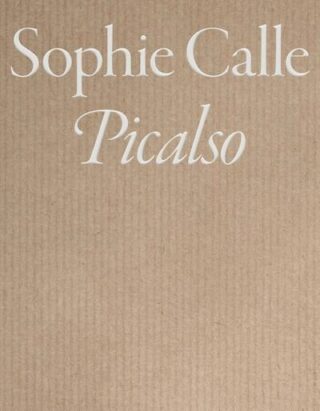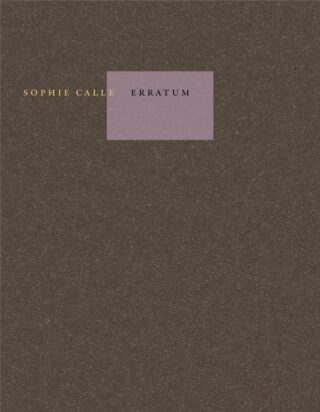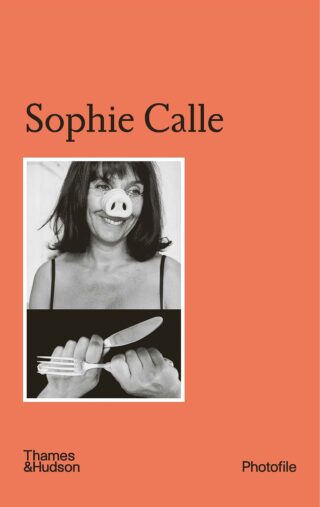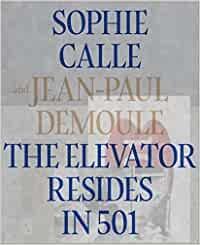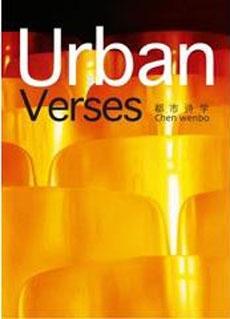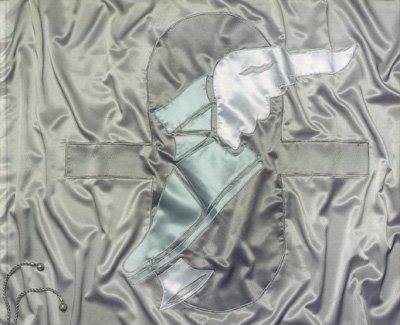mono.kultur 42 «Sophie Calle»
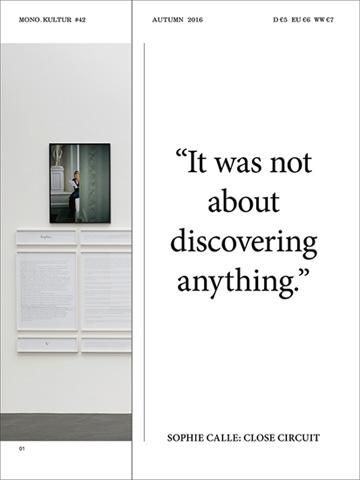
Meandering forth through Montparnasse Cemetery each awakened dawn, bound for schoolmasters paper realm, lost youths Sophie Calle, amidst the labyrinthine gravestones, encountered many of the leitmotifs that would come to characterise much of her enigmatic oeuvre: Sought narrative; obfuscated identity; memory materiality; catalogued absence, encapsulated fragility, recollection, departure, and of course death. Occasional photographer, investigative journalist, performance artist, cathartic anthropologist, experimental writer, and provocateur extraordinaire, Sophie Calles deeply exploratory works, omnivorous in their excavations, defy decisive categorisation.
Journeying all about world for seven years, in 1979 at age 26, Sophie Calle returned at last to Paris, reacquainting herself with La Ville Lumière by pursuing, wholly concealed, avenue passersby, surrendering direction and volition entirely, to whomever might captivate most. Marionette now, drawn as a wanton flâneur about the city by the vacillations and idiosyncrasies of those selected and pursued, Sophie Calles inaugural work, Suite Vénitienne (1979), appeared as a natural evolution of such clandestine endeavours. Encountering a gentleman identified only as Henri B. one evening at a Parisian soirée, she then pursued him to Venice, where, disguising herself, she shadowed him unseen all about the city, observing and photographing the wholly unaware Henri.
Another establishing, archetypal Sophie Calle work, one that authors imagined protagonists through surveillance, reconstruction, and deliberate omission, is The Address Book (1983). Recounting how, after discovering a forgotten address book upon a Parisian boulevard, Sophie Calle telephoned many of the names within and enquired as to the nature of the books owner, a scriptwriter, Pierre D., constructing a composite portrait from their recollections and impressions without, of course, ever having met him. Originally these gathered sketches appeared as serialised, almost-daily essays composed for left-sympathetic Parisian newspaper Libération throughout the summer of 1983. Upon discovering Calles eclectic endeavour, Pierre D. threatened litigation, demanding Libération publish au naturel photographs of Calle as an equally invasive, vengeful measure. Owing to such, Calle acquiesced that The Address Book remain unpublished until the death of Pierre D., out of respect for his wishes. Espionage of indecipherable intention, Sophie Calles inaugural works, clandestine examinations of pursuit, surveillance, and revealing omission occurred throughout the 1980s and 1990s.
Several of Sophie Calles projects integrate occasional elements of Oulipo, that wonderfully whimsical methodology developed in 1960 by Raymond Queneau and François Le Lionnais, in which new works, literary and otherwise, are created through the imposition of altogether arbitrary impediments, limitations, and mandates. Illustrative Double Game (2000), Sophie Calles enduring collaboration with American author Paul Auster, saw her enact several idiosyncratic behaviours, such as devouring an imposed chromatic diet, one colour for every day, or orchestrating actions according to selected letters of the alphabet. Drawn from Maria Turner, that eccentric protagonist of Paul Austers 1992 novel, Leviathan), a character based upon Sophie Calle herself, Double Game saw her cyclically enact those very same fictitious endeavours, originally imagined by Paul Auster, and inspired by her, in a symbiotic work of Möbius eternity. In another extraordinary endeavour, Où et quand? Berck/Lourdes (2009), Sophie Calle requested that clairvoyant Maud Kristen author a travel itinerary for her, all over France, determining where she should journey and when. Through regular telephone conversations with Maud Kristen throughout her odyssey, Sophie Calle received further eclectic instructions, entirely derived from the clairvoyants readings, making her once again a marionette, cast to the idiosyncrasies of fortune and the impositions of surrendered agency.
Sorrow triumphantly fatigued at last through obsessive, repetitive cataloguing also characterises a great deal of Sophie Calles oeuvre. Immensely visceral, deeply intimate experiences of heartbreak, melancholia, and death, are dissected wholly uncensored before audiences. Sophie Calle memorably transcends that vast chasm which divides all that an individual conceals from that which is divulged, in works such as Exquisite Pain (2003), which chronicles her delicious expectation of rejoining an absent lover, a photograph for each day of anticipation, followed by the love affairs denouement and aftermath. Once memorialised by a photograph for each day, now represented by omission, the work is characterised, variously by despair, incredulity, vexation, resentment, and at last, catharsis, detachment, even antipathy. Equally, Take Care Of Yourself (2009), incorporated a lovers farewell correspondence to Sophie Calle, one she then assigned to 107 other women of every constitution and proclivity imaginable, requesting their thoughts on such. These multifarious interpretations were then exhibited, a mass excavation of that enduring universal, sorrow, equally nourishing for both herself and audience, in symbiotic catharsis.
Orchestrating odysseys of enigmatic discovery, either drawn from direct experience or the experiences of others, Sophie Calle possesses that remarkable ability to author captivating narratives and enduring encounters, often from the apparently pedestrian. Fabrication or laboured superimposition, however, does not occur in her creations. Rather, she draws naturally cryptic elements from the innumerable experiences and encounters that constitute everyday life, assembling serpentine tales characterised by fanciful conjecture, cyclical reinterpretation, sequence rearrangement, and deepest introspection. Over American croissants, swiftly returned, and blackest coffee at Greenwich Villages Hotel Hugo one clouded Mays dawn, Sophie Calle offered neither opacity nor enigma nor evasion. She instead possessed a nature of most agreeable graciousness and enchanting candour, sincerely divulging her character wholly unexpurgated, in that manner emblematic perhaps of all Sophie Calles enduring works.
Sin existencias
Sin existencias en este momento. Si desea información sobre el libro, por favor contacte con bookshop@ivorypress.com

